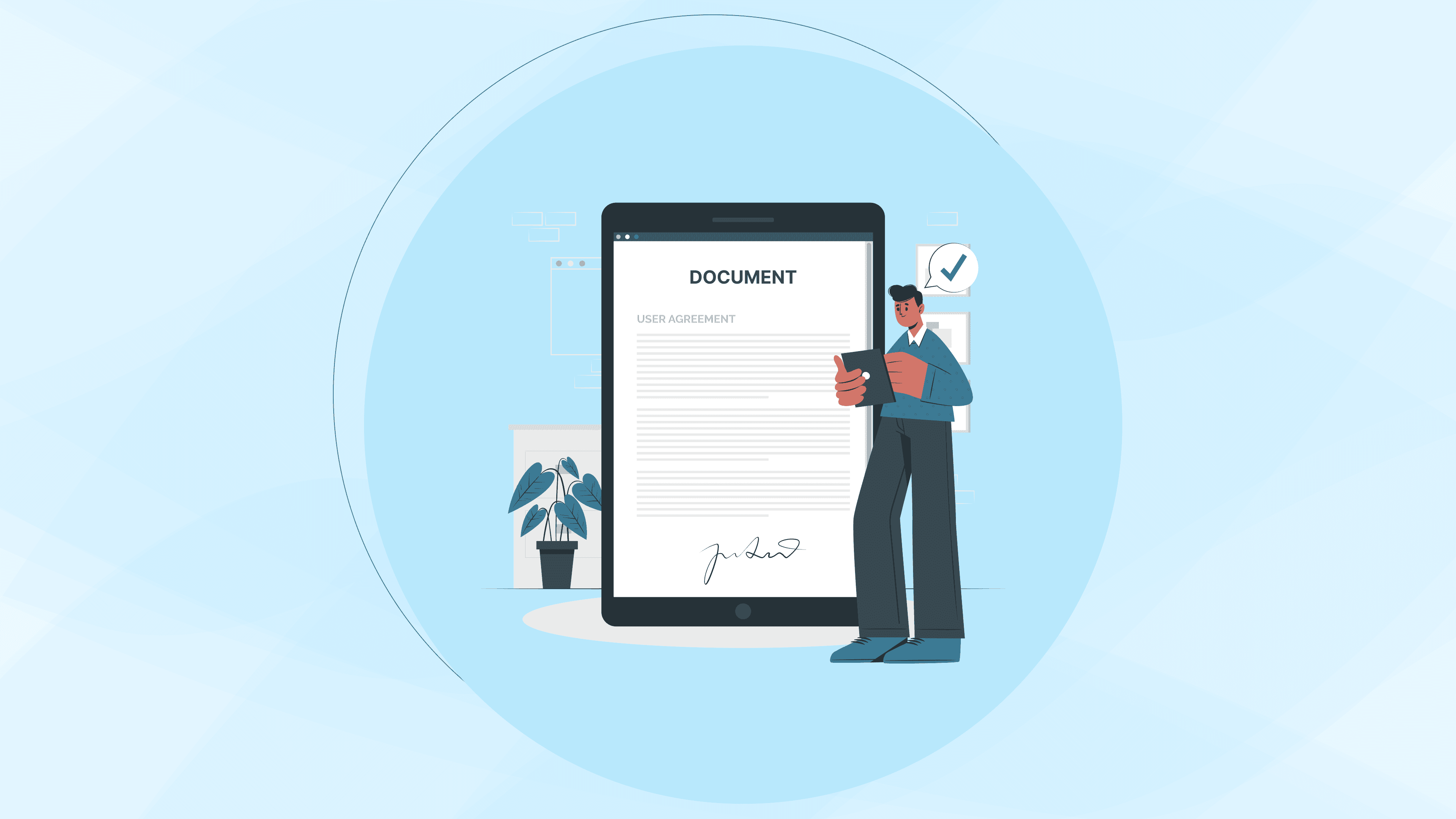How TruScholar Helped Universities Transform Credentialing
The traditional credentialing system in universities, reliant on physical certificates and manual verification, is fraught with inefficiencies, security vulnerabilities, and limited scalability. However, with the emergence of blockchain technology, this landscape is undergoing a paradigm shift. TruScholar, a pioneering platform in blockchain-based credentialing, is leading the charge by helping universities embrace secure, scalable, and decentralized solutions. This transformation not only addresses existing challenges but also unlocks new possibilities in digital education and global collaboration.
Challenges in Traditional University Credentialing
Before the advent of digital solutions like TruScholar, universities faced several persistent issues in credentialing:
Fraudulent Credentials: Fake certificates and degrees undermined the credibility of legitimate qualifications.
Manual Verification Processes: Verifying credentials was often time-consuming and resource-intensive, especially for cross-border education or employment.
Data Breaches: Centralized databases storing sensitive student information were prone to cyberattacks and unauthorized access.
Limited Accessibility: Graduates often struggled to access or share their credentials quickly, leading to delays in employment or further education.
Interoperability Issues: Credentials from one institution could rarely be seamlessly verified or recognized by others, limiting global opportunities for students.
These challenges highlighted the need for a robust, scalable, and tamper-proof system that could enhance trust and efficiency.
The Role of TruScholar in Transforming Credentialing
TruScholar leverages blockchain technology to overcome these challenges, offering universities a cutting-edge platform for issuing, managing, and verifying digital credentials. Here’s how TruScholar has revolutionized credentialing:
1. Tamper-Proof Digital Credentials
TruScholar enables universities to issue credentials that are stored on the blockchain, ensuring they are tamper-proof and immutable. Once a credential is issued, it cannot be altered or forged, safeguarding the authenticity of degrees, diplomas, and certifications.
2. Instant and Decentralized Verification
With TruScholar, employers, educational institutions, and other stakeholders can verify credentials instantly through blockchain. This eliminates the need for lengthy manual processes and provides a seamless experience for both issuers and recipients.
3. Enhanced Security and Data Privacy
By operating on a decentralized infrastructure, TruScholar mitigates the risks of centralized data breaches. Additionally, TruScholar complies with global data privacy standards like GDPR, ensuring that students retain full control over their personal information.
4. Global Interoperability
TruScholar promotes global interoperability by providing universally verifiable credentials. Students can share their achievements with institutions or employers worldwide without compatibility issues, fostering international mobility.
5. Scalability for Growing Needs
Universities often issue thousands of credentials annually. TruScholar’s use of Layer-2 blockchain solutions ensures that the system remains efficient and scalable, even as the volume of credentialing increases.
Advanced Features of TruScholar for Universities
White-Label Solutions: Universities can customize TruScholar’s platform to reflect their branding, ensuring a seamless user experience.
Integration with Learning Management Systems (LMS): TruScholar integrates effortlessly with popular LMS platforms, automating credential issuance after course completion.
Analytics and Insights: The platform provides data analytics to help universities track credential issuance and understand trends in student achievements.
Smart Contract Automation: TruScholar uses smart contracts to automate complex processes like revocation of credentials or updates to existing records.
Future-Ready Credentialing with TruScholar
TruScholar is not just solving today’s problems; it’s future-proofing credentialing systems for universities. With the growing importance of micro-credentials, stackable certifications, and digital badges, TruScholar provides a scalable platform for managing diverse forms of academic recognition. Furthermore, as metaverse-based education and AI-driven learning pathways gain traction, TruScholar’s blockchain framework ensures credentials remain adaptable to these innovations.
Conclusion
TruScholar’s blockchain-powered platform is transforming how universities manage credentialing. By addressing critical issues like fraud, inefficiency, and data security, TruScholar empowers universities to deliver trusted, verifiable, and globally recognized digital credentials. For students, this translates into enhanced employability, accessibility, and lifelong value for their qualifications.
As the education sector continues to embrace digital transformation, platforms like TruScholar are setting the gold standard for credentialing in the 21st century. With its secure, scalable, and innovative solutions, TruScholar is not just revolutionizing credentialing—it’s redefining the future of education.
Schedule your Free Demo
Fuel Your Organization’s Growth with the Future of Digital Credentials




